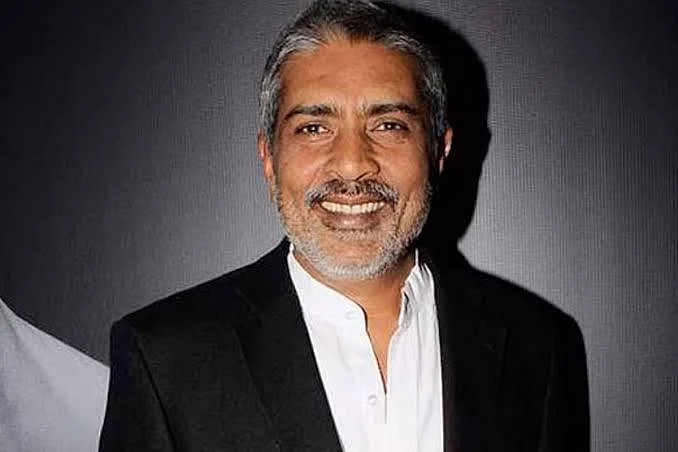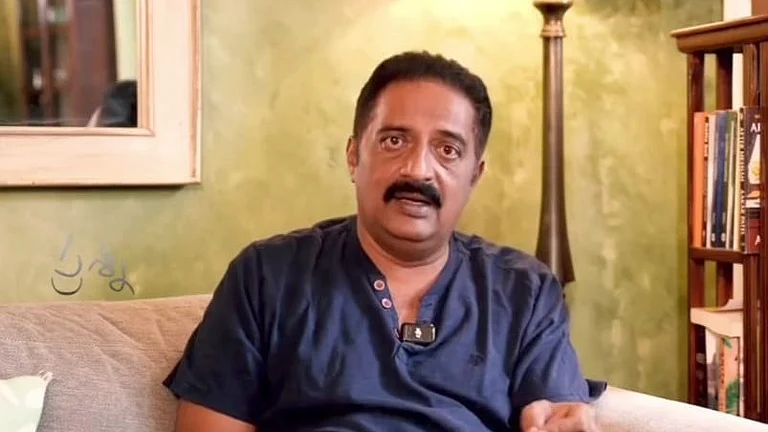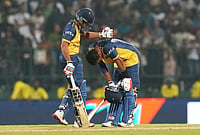Basic Information
Name: Prakash Jha
Date of Birth: February 27, 1952
Nationality: Indian
Profession: Filmmaker, Producer, Screenwriter, Actor, Politician
Biography
Prakash Jha, born on February 27, 1952, is a renowned Indian filmmaker, producer, actor, and screenwriter, celebrated for his thought-provoking political and socio-political films. Known for works like Hip Hip Hurray (1984), Damul (1984), Mrityudand (1997), Gangaajal (2003), Apaharan (2005), and multi-starrer hits like Raajneeti (2010), Aarakshan (2011), Chakravyuh (2012), and Satyagraha (2013), Jha has carved a niche for himself in Indian cinema. He is also acclaimed for his National Award-winning documentaries, Faces After The Storm (1984) and Sonal (2002).
Born and raised on his family’s farm in Barharwa, Bettiah, West Champaran, Bihar, Jha completed his schooling at Sainik School Tilaya and Kendriya Vidyalaya No. 1, Bokaro Steel City. He initially pursued a BSc in Physics at Ramjas College, Delhi University, but dropped out after a year to follow his passion for art. While preparing for J.J. School of Arts in Mumbai, he stumbled upon a film shoot and was instantly drawn to filmmaking. He later joined the Film and Television Institute of India (FTII) in Pune to study editing but left midway due to student protests, eventually starting his career in Mumbai. Jha is the founder of Prakash Jha Productions, a successful film production company. Beyond cinema, he is a businessman, owning the P&M Mall in Patna and the P&M Hi-Tech City Centre Mall in Jamshedpur.
On the personal front, Jha was married to actress Deepti Naval, and the couple has an adopted daughter, Disha Jha. He also ventured into politics, contesting Lok Sabha elections multiple times from his native Bihar, though he was unsuccessful in his attempts. Despite his political setbacks, Jha remains a prominent figure in Indian cinema, known for his socially relevant storytelling and impactful films.
Career Timeline
1984 - Directed his first feature film, Hip Hip Hurray, a sports drama that showcased his distinct storytelling style.
1985 - Damul, based on bonded labor in Bihar, won the National Film Award for Best Feature Film.
1999 - Mrityudand, starring Madhuri Dixit, gained international recognition for its portrayal of gender oppression in rural India.
2003: Gangaajal, featuring Ajay Devgn, became a cult classic, highlighting police corruption and mob justice.
2005 - Apaharan examined political kidnapping in Bihar, winning critical acclaim.
2010 - Raajneeti, inspired by the Mahabharata, became one of his biggest commercial successes.
2011 - Aarakshan, starring Amitabh Bachchan, tackled the sensitive issue of caste-based reservation in education.
2012 - Chakravyuh delved into the Maoist insurgency in India.
2016 - Created and directed Jai Gangaajal, featuring Priyanka Chopra in the lead role.
2020 - Ventured into digital streaming with Aashram, a hit web series exploring religious exploitation.
Achievements
Awards & Recognition:
National Film Award for Damul (1985)
Filmfare Critics Award for Best Movie (Apaharan, Gangaajal)
Screen Award for Best Director (Raajneeti)
Padma Shri (2012), India's fourth-highest civilian award
Records/Stats:
Raajneeti grossed over ₹143 crore, making it one of the highest-earning political dramas in India.
Aashram became one of the most-watched Indian web series on MX Player.
Philanthropic Work:
Established Anubhooti, an educational institute in Bihar, focusing on improving rural education.
Actively supports causes related to social justice and rural development.
Key Quotes / Catchphrases
“Cinema is the reflection of society, and my job is to show that reflection truthfully.”
“Realism in cinema should not just be about darkness; it should also provide hope.”
“Politics is not just about elections; it is about changing society.”
Multimedia
Gallery:

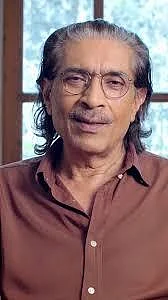

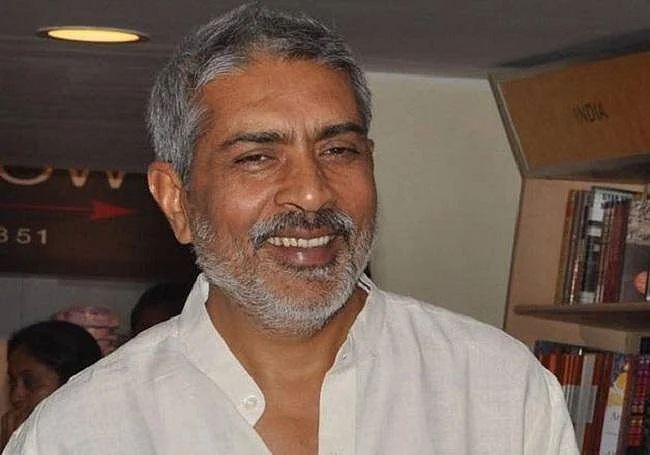
Videos/Interviews:
Prakash Jha | Season 4 | Episode 9 | The Slow Interview with Neelesh Misra
Prakash Jha Opens Up About His Acting, Plans For Gangaajal 3, Raajneeti 2 At IFFI 2024 | WATCH
Fun Facts/Trivia
Before becoming a filmmaker, he considered a career in painting.
His love for rural India’s issues stems from his upbringing in Champaran, Bihar.
He has contested elections multiple times but has yet to win.
Many of his films are inspired by real-life political and social events.
Impact/Legacy
Prakash Jha has left an indelible mark on Indian cinema, transforming political and social narratives into compelling films. His movies have not only entertained but also educated audiences about deep-seated issues in society. As a filmmaker and activist, he continues to push boundaries, challenging both the government and the people to acknowledge and address real-life problems. Through his work, Jha has redefined political cinema in India, ensuring that stories of the underprivileged and unheard find a voice on the big screen. His venture into digital platforms with Aashram proves his ability to adapt to changing storytelling mediums while staying true to his core themes of justice, power, and social reform.







